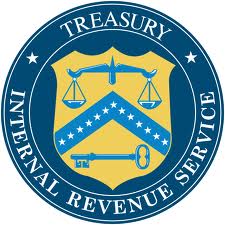Due Diligence Mistakes of Buyers
 We see a few deals every year that end up being more challenging than they should have been. The issue is usually a lack of due diligence. Did the seller tell you everything? Due diligence is all about discovery. Is there something hidden in the financials? Can the seller verify that the revenue and cash flow are accurate? It is very important to double check these numbers so that you can make an informed decision.
We see a few deals every year that end up being more challenging than they should have been. The issue is usually a lack of due diligence. Did the seller tell you everything? Due diligence is all about discovery. Is there something hidden in the financials? Can the seller verify that the revenue and cash flow are accurate? It is very important to double check these numbers so that you can make an informed decision.
Due diligence takes place after an offer is accepted. While a buyer is getting bank or funding approval, there is normally a period of two weeks to do the due diligence. The buyer and seller sit down to verify the information that has already been provided. If a seller avoids giving concrete documentation, you should see red flags.
We had a seller not willing to provide W2 information by claiming employee privacy issues. The seller was trying to hide the real cost of payroll. In essence, they were hiding the fact that business was down by burying it in the financial details.
We coach our buyers to do effective due diligence. Sometimes buyers need an accountant to help them go through the QuickBooks, Peachtree, or other accounting files to truly understand what the data means. If there are customer contracts to review, an attorney may need to be at the table. At the end of the day, we want our buyer to be as well informed as possible as we help them complete a deal. Finding inaccurate information doesn’t necessarily mean a deal is bad, it may help you negotiate a better deal.
In our next blog post, we will be talking about the buyer negotiation process, so stay tuned!










